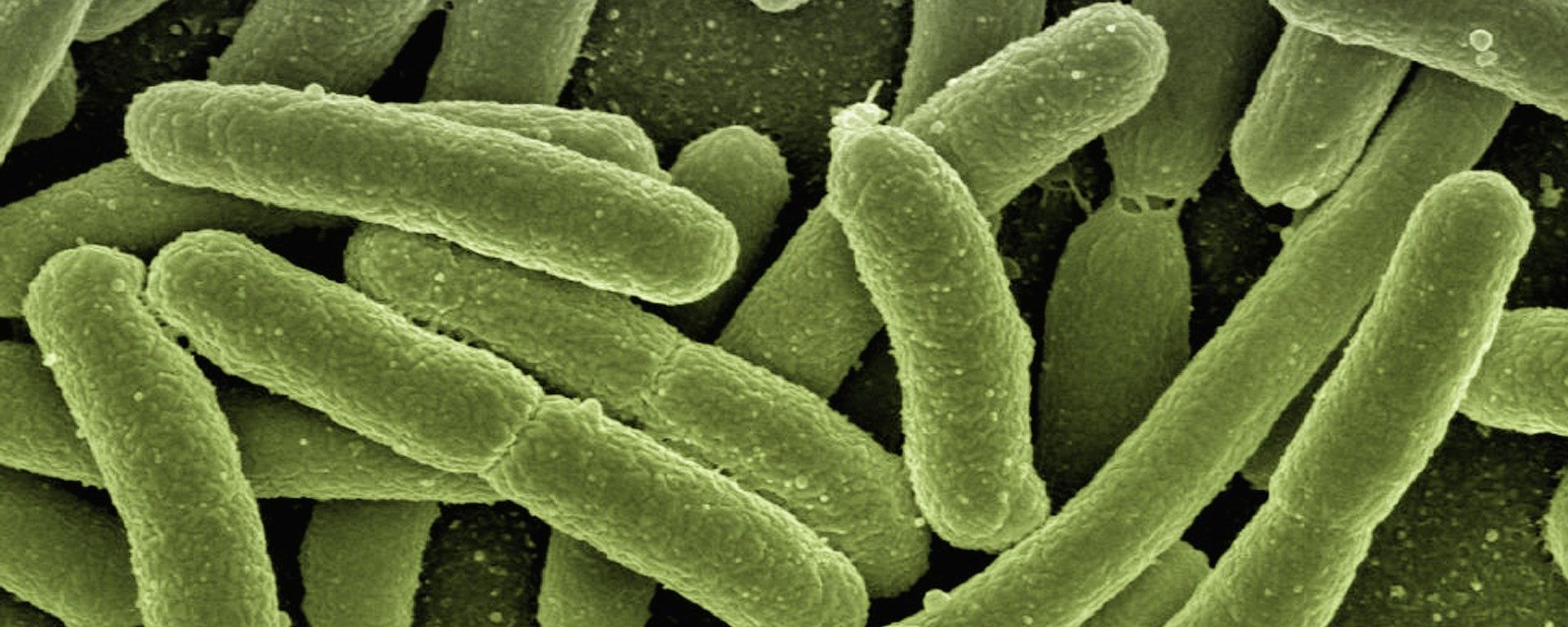Anyone who is interested in the healthcare field already knows the need for medical professionals is high. This is a field that is always in demand. While nursing and medical school are well-respected choices, there are many other options that are just as important. One of these areas of study is health science. Those less familiar with this type of program may ask themselves: “What do you learn in health science? Why is this an important field to study?”
Health science is a growing sector within healthcare, and it is an increasingly popular path for college students. So, what is it all about?
Health science is an interdisciplinary field that involves the application of science to health-related topics, such as medicine, nutrition, and environmental health. It involves applying scientific research to clinical practice, in effort to improve healthcare for patients and communities.
Why do students want to pursue this path? It could be thanks, in part, to an increase in awareness. Recent healthcare crises have reminded many of the importance of health science. Between the outbreak of COVID-19 and the many other diseases and ailments plaguing the country – such as obesity, diabetes, opioid addiction, and heart disease – there is a real need for well-qualified healthcare professionals. Anyone who is interested in helping others and also passionate about science may be perfect for this type of program.
Health Science Classes That Interest You
Health science is a multifaceted degree that is designed to guide new and entry-level health professionals toward their blossoming career. These types of programs typically cover all the core science classes, combined with coursework in medical terminology, health and wellness, law and ethics, research methods, and a variety of topical public health subjects.
Students who choose to pursue a degree in health science enjoy a curriculum with varied topics that will help prepare them for a range of career opportunities. This program also covers specialty topics within healthcare that students may find particularly interesting, such as environmental law and nutrition.
At a career-focused school, such as Goodwin University, students may pursue four different paths within the health science bachelor’s degree, which are:
- Healthcare administration
- Environmental health
- Bachelor’s degree completion
- Healthcare career exploration
These concentrations offer students a clear path toward their career and provide specific instruction to help students gain the skills and knowledge needed to succeed in their chosen profession down the road. While healthcare administration and environmental health offer specific tracks for work, the bachelor’s degree completion and healthcare career exploration allow students the freedom to explore a wide range of electives as they consider their future.
Health Science Skills Gained
A degree in health science equips students with the essential knowledge and skills needed in order to be successful in the health and wellness industry. Some of the skills that employers are looking for include:
- Critical thinking
- Information literacy
- Information management
- Interpersonal
- Leadership
- Problem solving
Health Science Program Outcomes
We may have answered the question, “What do you learn in health science?”, but what about your career? What can you do with a health science degree, and how do you know if it is the right path for you? Positions in the health science field range from clinical work with patients, to office work at private practices. Because health science is such an expansive field, graduates have the opportunity to move both laterally and upward as career interests and goals evolve.
If you choose to pursue a health science program in Connecticut, you may go on to land one of the following roles:
- Anesthesia technician
- Audiology technician
- Biomedical equipment technician
- Cancer registrar
- Cardiovascular technician
- Dental hygienist
- EKG technologist
- Medical assistant
- Medical lab technician
- Occupational therapy assistant
- Paramedic
- Pharmacy technician
- Physical therapy assistant
- Radiation therapist
- Registered health information technician
- Respiratory therapist
- Surgical technician
- Veterinary technician
Depending on your career goals, you may choose to pursue a health science degree at the associate or bachelor’s degree level. Goodwin University offers both opportunities for students to explore passion areas and interests before jumping into the career of their dreams.
Are you ready to jumpstart your career in health sciences? Learn more about the programs offered at
Goodwin University is a nonprofit institution of higher education and is accredited by the New England Commission of Higher Education (NECHE), formerly known as the New England Association of Schools and Colleges (NEASC). Goodwin University was founded in 1999, with the goal of serving a diverse student population with career-focused degree programs that lead to strong employment outcomes.

